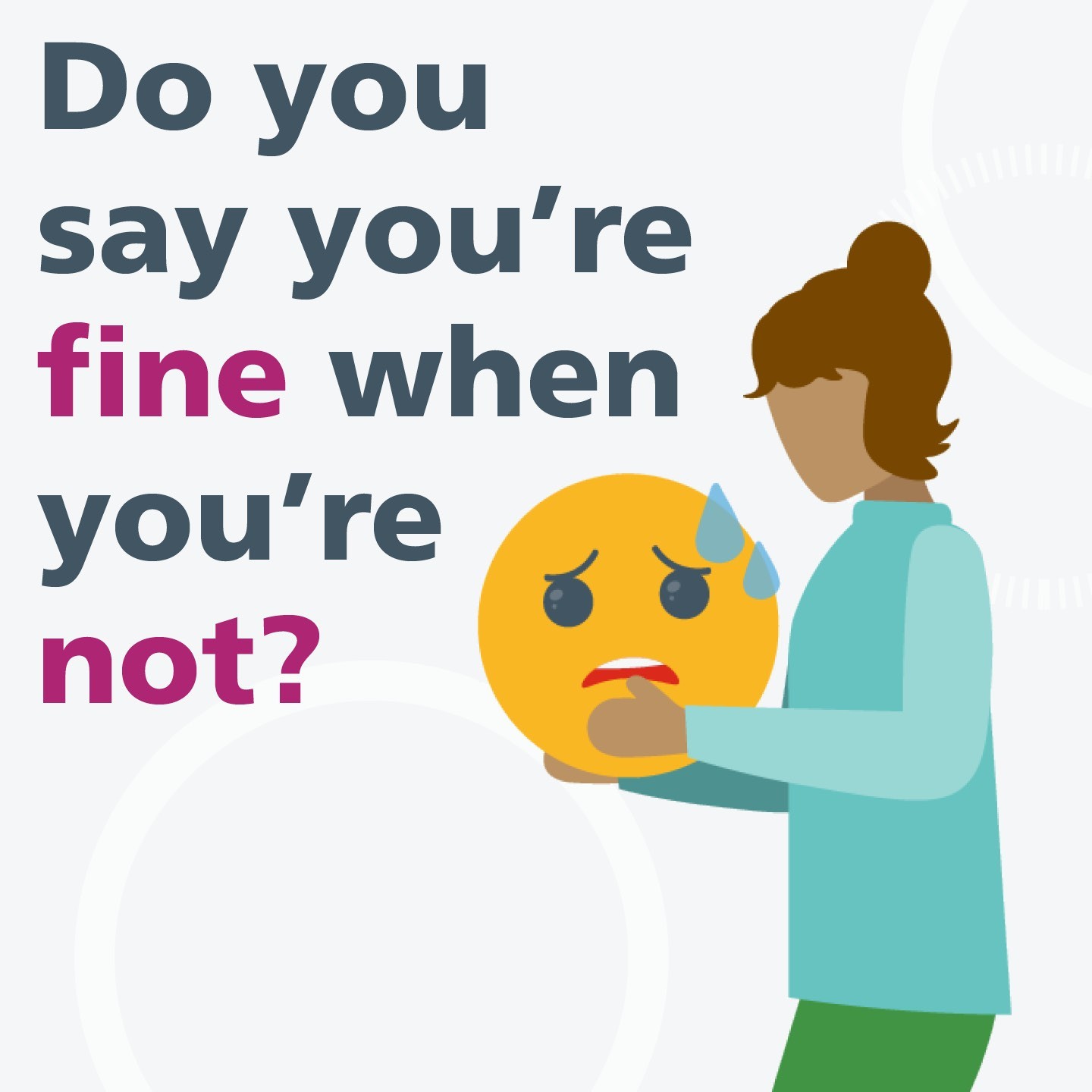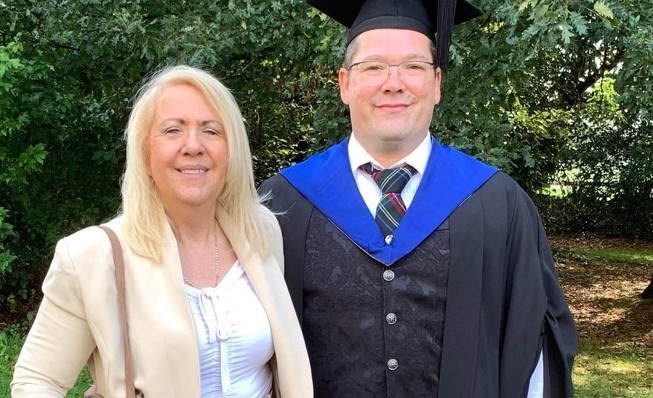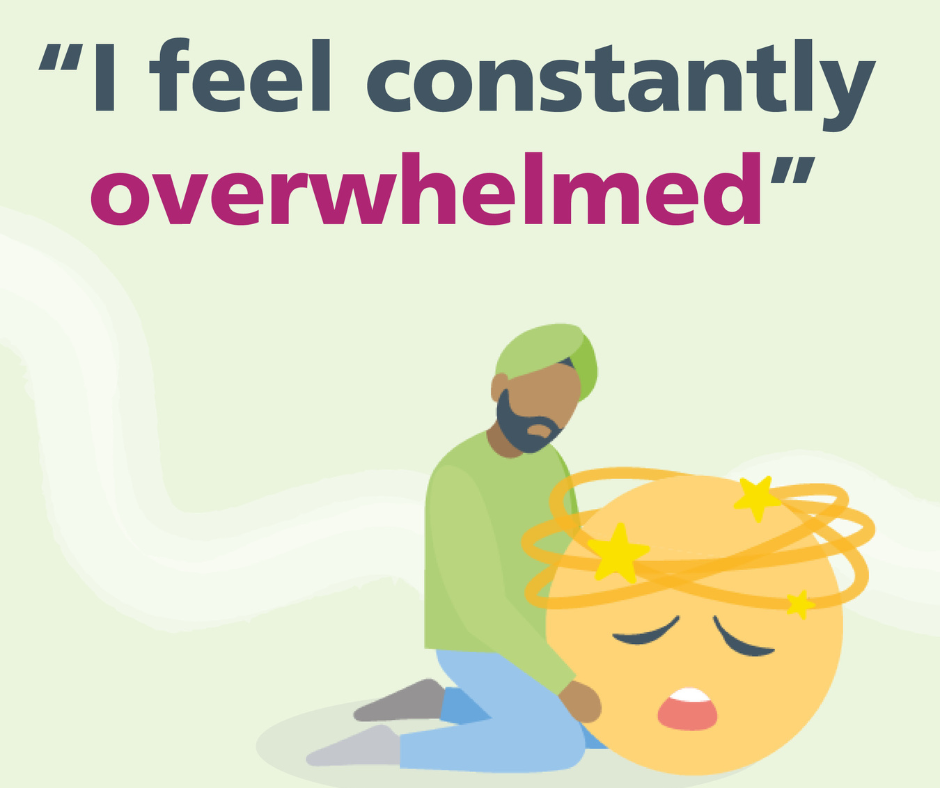
The benefits of mindfulness for depression and anxiety
Depression currently affects around one in six people.
That's a significant increase from before the Covid-19 pandemic, where approximately 1 in 10 people were affected. This means that more than 8 million adults in Britain are currently living with depression.
Professor Clara Strauss, Deputy Director of Research at SPFT and Professor of Clinical Psychology in the School of Psychology at the University of Sussex, explains how mindfulness-based cognitive therapy can help with anxiety and depression.
Depression more often than not goes hand in hand with anxiety problems – when someone experiences an anxiety problem they are more likely than not to also experience significant symptoms of depression
Fortunately, there are a number of treatments and therapies that can help overcome depression. One approach that can help some people is called Mindfulness-based cognitive therapy. Mindfulness is about noticing our experiences in the present moment (noticing our thoughts, physical sensations, feelings) with acceptance and without judging what we notice. In Mindfulness-based cognitive therapy people are supported in therapy groups to learn mindfulness and apply mindfulness to their daily lives, including to experiences of depression, and this can help people recover.
However, these kind of mindfulness groups aren’t widely available in the UK and a lot of people can’t attend or don’t want to attend a therapy group. The Mindfulness-based cognitive therapy course is available as a self-help book and in Sussex Partnership we led a research study to find out if using this self-help book with individual support sessions might be helpful for adults experiencing mild to moderate depression. We found that supported use of the mindfulness self-help book was not only better at treating depression than the currently recommended supported self-help approach recommended in the UK, but it also saved the NHS money because people were less likely to need further therapy.
Supported self-help mindfulness course can be a helpful way of overcoming the co-occurring depression and might also help with managing anxiety more effectively.
Depression is a devastating condition and we are encouraged to have found another way of helping people living with depression to recover. As a next step we want to work with services in the NHS and elsewhere to help make this approach more widely available so that more people can benefit.
If you would like to write a blog for us, please email spft.
































